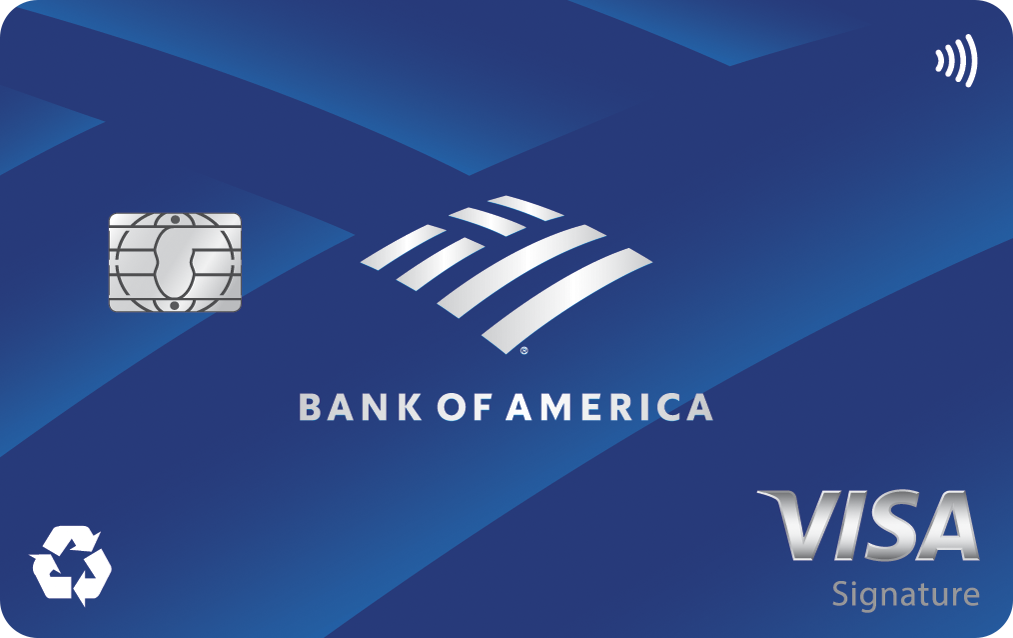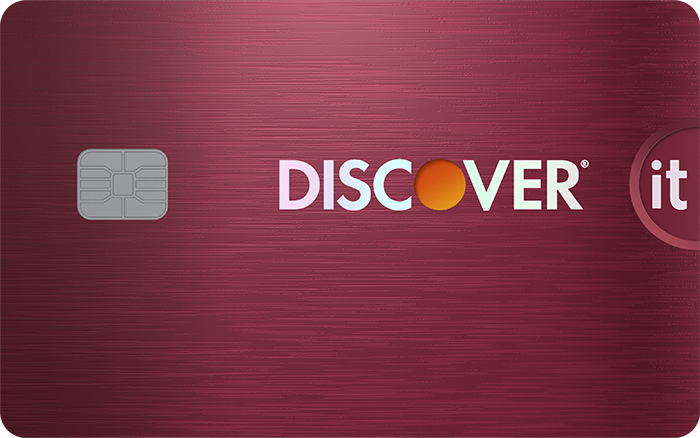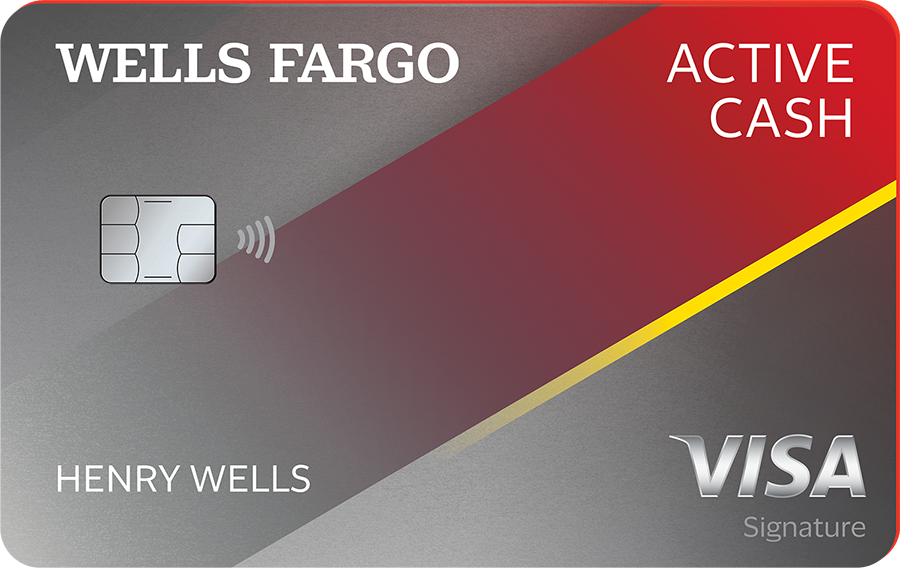Your credit limit, also known as your credit line, is the maximum amount that you can spend with your credit card. If you'd like to have more buying power, it's possible to get a credit limit increase.
As an added bonus, this could also be good for your credit score. Below, you'll find out how to increase your credit limit, as well as the pros and cons of doing so.
How to increase your credit card limit
Here's how to increase your credit limit:
- Use your credit card regularly and always pay your bill on time. Card issuers are more likely to approve a credit line increase for cardholders who don't miss payments.
- Consider your current income. You'll need to provide this when you ask for a higher credit limit. If your income has gone up since you opened your credit card, it improves your chances of a credit limit increase.
- Request the credit limit increase either by phone or online. Many card issuers offer a request form you can fill out online, but some require you to call.
Besides your income, you may also be asked for your current monthly housing payment and the credit limit you want. It depends on the card issuer, as each one handles credit line increases a bit differently.
You should get a decision immediately. If your request was approved, then your card issuer will confirm your new credit limit. If it was denied, you may need to wait at least three to six months before you try again.
Keep in mind that credit card companies may automatically increase your credit limit if you're a responsible cardholder. How often this happens depends on the card issuer and your credit card activity. If you're in no hurry, you could wait to see if the card issuer automatically gives you a higher limit.
Another option, if you need more credit right away, would be to apply for a new credit account. You could look specifically for high limit credit cards where you're more likely to be approved for a large credit line.
Credit card comparison
We recommend comparing options to ensure the card you're selecting is the best fit for you. To make your search easier, here's a short list of standout credit cards.
| Offer | Our Rating | Welcome Offer | Rewards Program | APR | Learn More |
|---|---|---|---|---|---|
|
Rating image, 4.50 out of 5 stars.
4.50/5
Our ratings are based on a 5 star scale.
5 stars equals Best.
4 stars equals Excellent.
3 stars equals Good.
2 stars equals Fair.
1 star equals Poor.
We want your money to work harder for you. Which is why our ratings are biased toward offers that deliver versatility while cutting out-of-pocket costs.
|
Discover will match all the cash back you’ve earned at the end of your first year. | 1% - 5% Cashback Earn 5% cash back on everyday purchases at different places you shop each quarter like grocery stores, restaurants, gas stations, and more, up to the quarterly maximum when you activate. Plus, earn unlimited 1% cash back on all other purchases. |
Intro: Purchases: 0%, 15 months Balance Transfers: 0%, 15 months Regular: 18.24% - 27.24% Variable APR |
||
|
Rating image, 5.00 out of 5 stars.
5.00/5
Our ratings are based on a 5 star scale.
5 stars equals Best.
4 stars equals Excellent.
3 stars equals Good.
2 stars equals Fair.
1 star equals Poor.
We want your money to work harder for you. Which is why our ratings are biased toward offers that deliver versatility while cutting out-of-pocket costs.
|
$200 cash rewards Earn a $200 cash rewards bonus after spending $500 in purchases in the first 3 months. | 2% cash rewards Earn unlimited 2% cash rewards on purchases. |
Intro: 0% intro APR for 12 months from account opening on purchases and qualifying balance transfers Purchases: 0% intro APR, 12 months from account opening Balance Transfers: 0% intro APR, 12 months from account opening on qualifying balance transfers Regular: 19.24%, 24.24%, or 29.24% Variable APR |
||

Apply Now for Bank of America® Travel Rewards credit card
On Bank of America's Secure Website. |
Rating image, 4.00 out of 5 stars.
4.00/5
Our ratings are based on a 5 star scale.
5 stars equals Best.
4 stars equals Excellent.
3 stars equals Good.
2 stars equals Fair.
1 star equals Poor.
We want your money to work harder for you. Which is why our ratings are biased toward offers that deliver versatility while cutting out-of-pocket costs.
|
25,000 points 25,000 online bonus points after you make at least $1,000 in purchases in the first 90 days of account opening - that can be a $250 statement credit toward travel purchases | 1.5-3 points per dollar Earn unlimited 1.5 points per $1 spent on all purchases, with no annual fee and no foreign transaction fees, and your points don't expire as long as your account remains open. Earn 3 points per $1 spent on travel purchases booked through the Bank of America Travel Center. |
Intro: 0% Intro APR for 15 billing cycles for purchases. 0% Intro APR for 15 billing cycles for any balance transfers made in the first 60 days. After the intro APR offer ends, 18.24% - 28.24% Variable APR on purchases and balance transfers will apply. A 3% fee for 60 days from account opening, then 4% fee applies to all balance transfers. Balance transfers may not be used to pay any account provided by Bank of America. Purchases: 0% Intro APR for 15 billing cycles for purchases Balance Transfers: 0% Intro APR for 15 billing cycles for any balance transfers made in the first 60 days Regular: 18.24% - 28.24% (Variable) |
Apply Now for Bank of America® Travel Rewards credit card
On Bank of America's Secure Website. |
How is your credit limit determined?
The credit card issuer determines your credit limit based on several factors, which can include your:
- Income
- Credit history
- Housing costs
- Debts
- Credit limits on any other cards you have
As you'd expect, good credit, high income, and low expenses are all factors that can help you get a higher limit.
If you're requesting a credit limit increase, then the card issuer will also look at your account history with it. That includes:
- Your record of on-time payments
- How often you use your card
- How much of your credit limit you use
Each credit card company has its own method to calculate credit limits. Since these methods are private, there's no way of knowing exactly how much a credit card company will offer until you apply for a card.
Does requesting a credit increase impact credit score?
Requesting a credit increase can impact your credit score, but only if the card issuer pulls your credit file. If the request could affect your credit, the card issuer will let you know, whether you're making the request over the phone or online.
When a credit card company pulls your credit file, it's known as a hard credit inquiry. This generally causes a small drop in your credit score. For most consumers, one hard inquiry takes fewer than five points off their FICO® Score, the most widely used type of credit score.
Not every card issuer pulls your credit report when you ask for a credit card limit increase. If yours doesn't, then your request won't have any impact on your credit.
Advantages of a higher credit limit
More buying power
With a higher credit limit, you can use your card more without the risk of maxing it out. There are several situations when this can be helpful:
- You put all your purchases on your credit card to maximize rewards.
- You want to be prepared if you have any large emergency expenses.
- You'd like to refinance credit card debt with a balance transfer, but you need additional credit to cover the balances you plan to transfer.
Can boost your credit score
You could increase your credit score by increasing your credit limit. One of the biggest factors in your credit score is your credit utilization ratio, or how close you are to your credit limits. A lower credit utilization benefits your credit score. The sweet spot is anywhere at or below 20% to 30%. (Meaning you've only used up 20% to 30% of your credit limit.)
Let's say you have a credit card with a $500 balance and a $1,000 limit. You're using half of your available credit, so your credit utilization ratio would be 50% -- which would likely ding your credit score. You ask to increase your credit limit, and the card issuer raises it to $2,000. Now, you still have a balance of $500, but your limit is higher -- so your credit utilization rate is down to 25%. That's not quite perfect, but it's much better than 50%, and your credit score would benefit.
Drawbacks of a higher credit limit
Greater risk of credit card debt
A higher credit limit is more money you can spend. If you're not careful, it's easy to overdo it and end up with credit card debt. This is more likely if you've had trouble with overspending or you've often found yourself coming close to your credit limit in the past.
The best way to avoid this is by only spending what you can afford and paying off your full credit card bill every month. When you never carry a balance, you won't end up with credit card debt or interest charges. Use our credit card interest calculator to see how quickly interest can add up if you carry a balance.
Can affect future credit card applications
When you apply for a credit card, the card issuer looks at the current cards on your credit file and their respective credit limits. A card issuer may not want to approve you for a card if it determines that you already have a large amount of available credit. Therefore, it's possible a credit limit increase could lower your chances of approval on future applications. However, this all depends on how many credit cards you already have and your credit lines with them.
May ding your credit score
As mentioned above, some card issuers pull your credit file when you request a credit limit increase. This hard credit inquiry can cause a small, temporary credit score drop. It's not a big problem, as it will likely only lower your score by a few points. Still, it's a minor drawback you should know about.
Credit limit increases often happen automatically if you're a responsible cardholder. But you can also request them yourself if you'd like a higher credit limit. It's a simple process, and you could get your credit line increased in just minutes. If it doesn't work out and you're denied, you always have the option of browsing the best credit cards and opening a new one to get more credit that way.
Still have questions?
Here are some other questions we've answered:
FAQs
-
Call your card issuer at the number on the back of your card to request a credit limit increase. You'll need to provide your current income and possibly your monthly housing payment. Some card issuers also allow you to request a higher credit limit online. If yours offers this option, then you can log in, go to the appropriate page, and fill out the required information.
After you request a credit limit increase, the card issuer will decide whether to approve or deny it. If the increase is approved, you'll receive a notification with your new credit limit. If not, you'll need to wait and try again later.
-
A credit card company will look at several items, including your credit history, income, and monthly housing payment, to determine a credit limit when approving you for a card. Each card issuer has its own private methods of setting credit limits for cardholders.
-
A credit increase request can impact your credit score a small amount if the card issuer pulls your credit file. Some card issuers do this for credit increase requests, and others don't. When a card issuer pulls your credit file, that's considered a hard credit inquiry. Each hard credit inquiry can lower your credit score, but usually only by a few points.
We're firm believers in the Golden Rule, which is why editorial opinions are ours alone and have not been previously reviewed, approved, or endorsed by included advertisers. Motley Fool Money does not cover all offers on the market. Motley Fool Money is 100% owned and operated by The Motley Fool. Our knowledgeable team of personal finance editors and analysts are employed by The Motley Fool and held to the same set of publishing standards and editorial integrity while maintaining professional separation from the analysts and editors on other Motley Fool brands. Terms may apply to offers listed on this page.
The Motley Fool owns shares of and recommends Visa.

